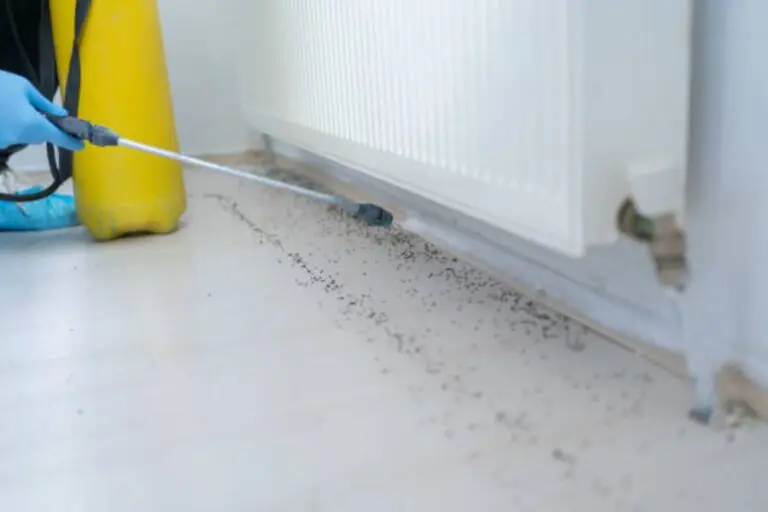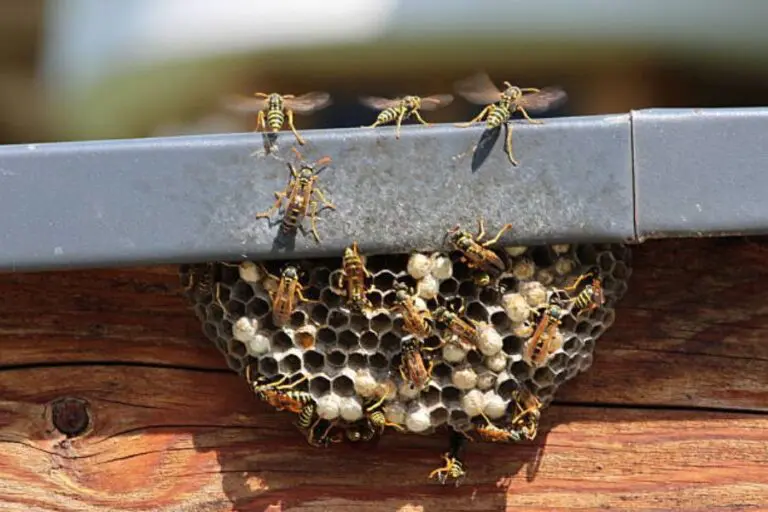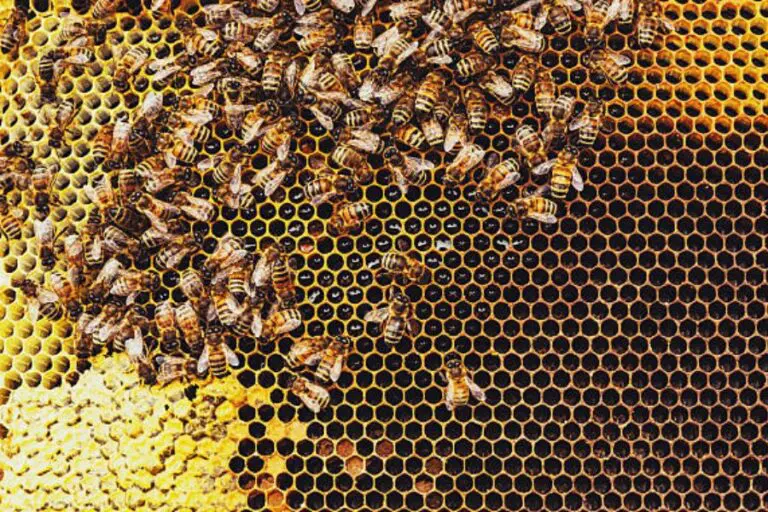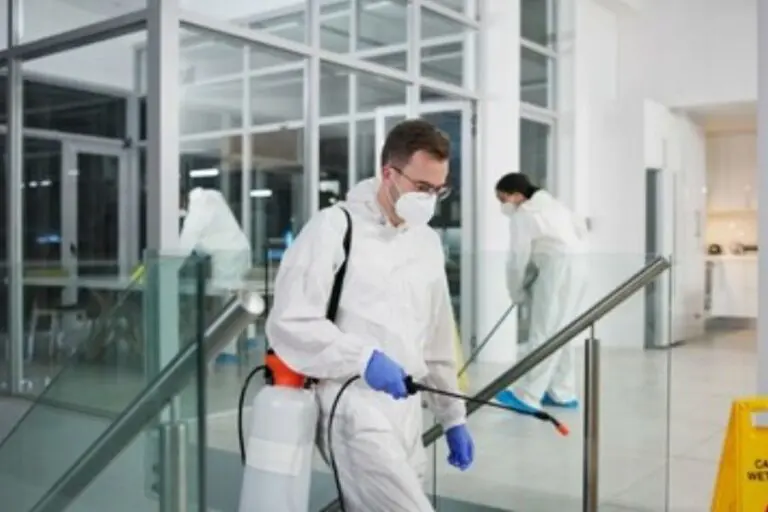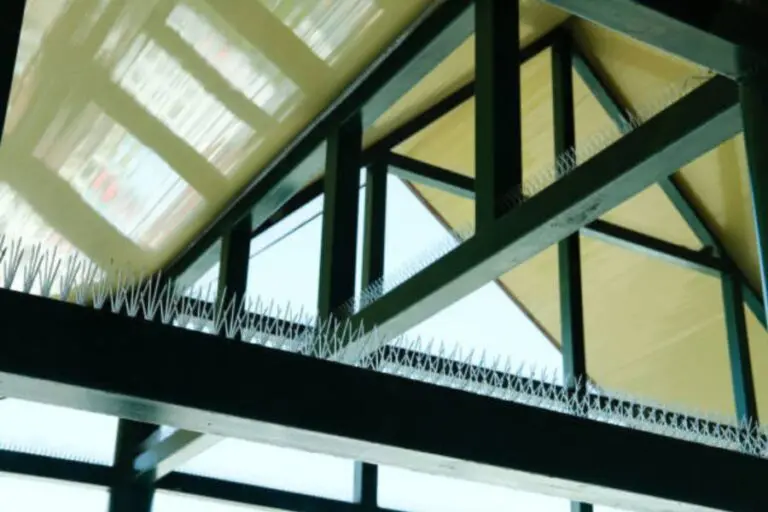Understanding Rodent Infestations: Comprehensive Guide
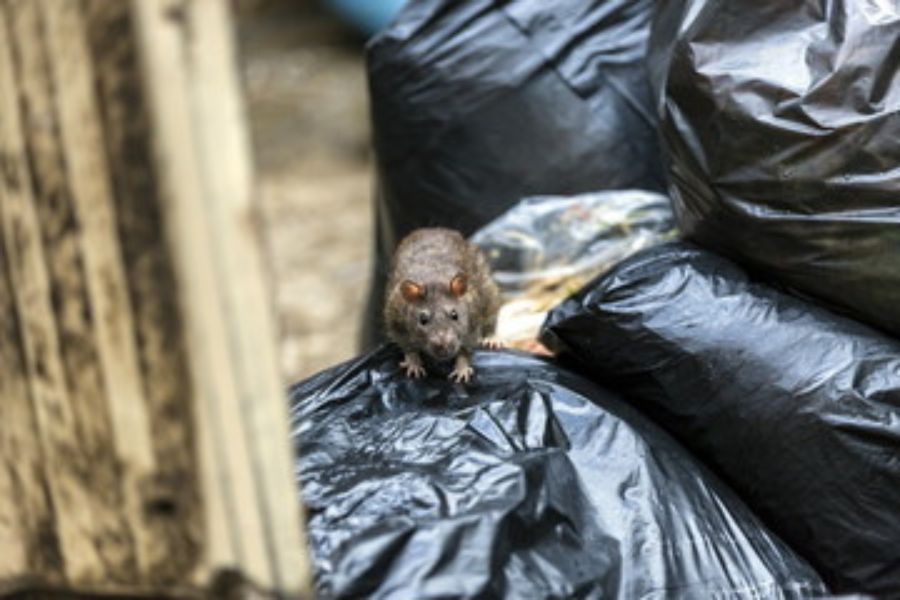
Rodents are among the most persistent and destructive pests worldwide. Rodent infestations can lead to significant damage, health concerns, and financial loss. This guide provides a detailed exploration of detecting, managing, and preventing rodent infestations in residential and commercial properties. By taking early action and understanding how to protect your property, you can avoid the long-term effects that often accompany these infestations.
Recognising Signs of a Rodent Infestation
Recognising Signs of a Rodent Infestation is the First Step to Taking Control. Rodent infestations can escalate rapidly, especially if signs are ignored. Early detection is crucial in preventing extensive damage. Here are the most common signs of a rodent infestation:
Rodent Droppings: Found near food sources, cabinets, and along walls. Mice droppings are smaller, resembling dark grains of rice, while rat droppings are larger.
Gnawed Materials: Rodents must constantly chew to keep their teeth from overgrowing. Look for bite marks on baseboards, food packaging, and even wiring.
Musky Odours: A strong, unpleasant odour, especially in enclosed spaces, is often a sign of an active infestation.
Scratching Noises: Rodents make scratching or scurrying noises as they move within walls or ceilings, particularly at night.
Grease Marks: The oils on rodents’ fur cause dark, greasy smudges to appear along walls or entry points.
Damaged Garden Plants and Produce: Rodents often nibble on outdoor plants, vegetables, or fruits.
Nests and Shredded Materials: Rodents create nests using shredded materials like paper, fabric, and insulation. These nests may be found in secluded areas.
Prevention: Steps to Keep Rodents Away
Preventing a rodent infestation is always more effective than attempting to control one already developed. Key prevention steps include:
Seal Entry Points: Rodents can squeeze through tiny openings. Carefully inspect and seal any cracks, gaps, and holes in walls, around windows, doors, and plumbing.
Proper Food Storage: Store food in sealed containers and promptly clean up crumbs or spills. Rodents are attracted to easily accessible food sources.
Outdoor Maintenance: Maintain a tidy outdoor environment by trimming shrubs, keeping garbage secured, and removing any standing water or yard waste which can attract rodents.
Avoid Clutter: Rodents love cluttered spaces. Regularly declutter basements, attics, and storage spaces to reduce hiding spots.
DIY Methods for Rodent Removal
If you’re already dealing with a rodent problem, there are DIY methods to control and reduce the infestation:
Traps: Traditional snap traps, glue traps, and humane traps can be effective, but they often address only individual rodents.
Rodenticides: Poisonous baits can be used with caution. Keep them out of reach of children and pets, as rodenticides can be hazardous if ingested.
Ultrasonic Repellents: These devices emit high-frequency sounds intended to deter rodents. However, their effectiveness varies and may only work on some species.
While these methods may help with small, contained infestations, they rarely address larger infestations or prevent re-entry. Professional help is recommended for significant issues.
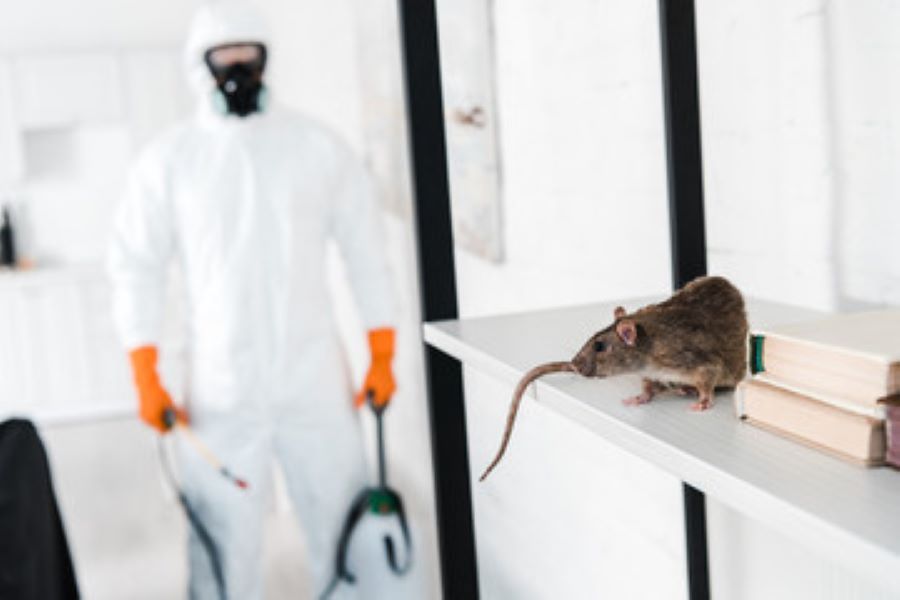
Professional Pest Control Approaches
Professional pest control services provide expertise, equipment, and ongoing support for effectively eliminating rodent infestations. Here’s what to expect from a professional rodent treatment:
Comprehensive Inspection: Professionals assess the severity of the infestation, identify rodent species, locate entry points, and pinpoint nesting areas.
Tailored Treatment Plans: Depending on the infestation, they might use baiting, trapping, or fumigation to control the population effectively.
Follow-Up Visits: Since rodent infestations often require multiple treatments, pest control companies may conduct follow-up inspections to ensure success.
Prevention Advice: Experts also help identify potential future entry points and advise on preventive measures.
Professional services particularly benefit widespread or long-standing infestations, offering immediate and long-term solutions.
Health Risks Associated with Rodent Infestations
Rodents carry various diseases and pose significant health risks to humans and pets. Here’s a look at some of the most concerning health risks associated with rodent infestations:
Hantavirus: Often transmitted through rodent droppings and urine, Hantavirus can cause respiratory distress and, in severe cases, death.
Salmonella: Rodents can contaminate food with bacteria that cause salmonella, leading to digestive issues.
Leptospirosis: This bacterial infection, spread through rodent urine, can lead to organ damage or failure if untreated.
Allergies and Asthma: Rodent dander, droppings, and urine can exacerbate allergies and asthma, particularly in children and individuals with respiratory issues.
Property Damage and Financial Impact of Rodent Infestations
Rodents can cause severe structural damage, which leads to costly repairs. Here are some common types of property damage caused by rodents:
Electrical Hazards: Rodents gnaw on wires, which can cause electrical shorts and potentially lead to fires.
Damage to Insulation: Rodents shred insulation to create nests, reducing energy efficiency.
HVAC Issues: Rodents may nest inside HVAC systems, resulting in poor air quality and mechanical damage.
Ruined Food Supplies: Contaminated food is frequent in homes and businesses, leading to waste and financial loss.
Legal and Safety Implications of Rodent Infestations in Businesses
In commercial settings, particularly in food service industries, a rodent infestation can lead to severe consequences:
Health Code Violations: Businesses must adhere to strict health codes, and a rodent infestation can result in fines, temporary closures, or even loss of business licenses.
Damage to Reputation: News of a rodent problem can deter customers and damage a business’s reputation.
Risk of Legal Action: Businesses may face lawsuits if a customer falls ill or sustains injury due to an infestation.
Routine pest control can make a significant difference in preventing rodent infestations. Regular inspections and treatments can help identify and eliminate potential infestations before they become severe. This can save you from the substantial costs and health risks associated with Rodent infestations. Routine pest control can make a significant difference in preventing rodent infestations. Here’s why:
Early Detection: Routine inspections identify signs of infestation before they become severe.
Consistent Prevention: Regular treatments prevent rodents from re-entering and establishing themselves.
Cost Savings: Preventive measures are generally less expensive than repairs after an entire infestation.
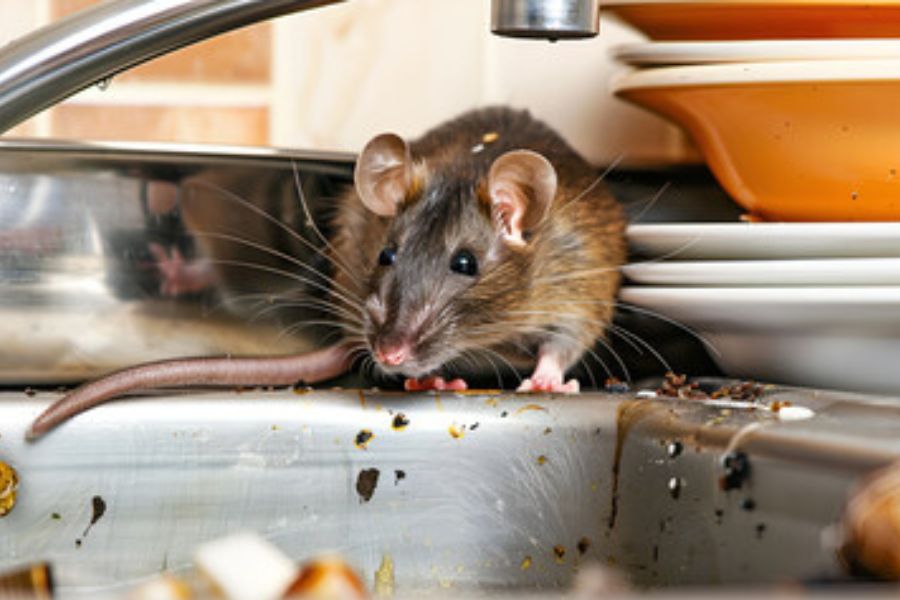
Why Routine Pest Control Is Crucial for Businesses
Regular pest control is essential for commercial establishments, especially food-related industries. Here’s why:
Protects Brand Image: Customers expect clean, pest-free environments, especially dining. Routine pest control ensures your business maintains a positive brand image, reassuring customers and building confidence. Ensures Regulatory Compliance: Routine pest control helps businesses comply with health codes.
Reduces Financial Losses: Preventive measures avoid the high costs of managing a severe infestation and any associated reputational damage.
Insights from Health Inspectors on Rodent Prevention
Health inspectors emphasise the importance of regular pest control measures for businesses, particularly regarding rodents:
Mitigating Health Risks: Health inspectors focus on minimising rodents’ health risks to employees and customers.
Protecting Property: Inspectors recognise that rodent infestations lead to damage, which poses safety risks.
Ensuring Regulatory Compliance: Routine pest control is often mandated, particularly in the food service and hospitality industries.
Maintaining a Rodent-Free Environment Post-Treatment
After successful treatment, taking steps to maintain a rodent-free environment is essential to prevent recurrence:
Seal All Entry Points: Ensure all cracks, gaps, and holes are thoroughly sealed.
Clean and Sanitise: Clean floors, counters, and food storage areas to eliminate potential attractants.
Inspect Vulnerable Areas: Regularly check basements, attics, and crawl spaces for signs of rodent activity.
Case Studies: Successful Rodent Control Strategies in Varied Environments
Case Study 1: Residential Property in Urban Area – A homeowner in an urban environment reported hearing scratching noises and finding droppings in their attic. A pest control company inspected the home and found several entry points. A combination of traps and sealing entry points effectively eradicated the infestation. Regular follow-ups have since kept the property rodent-free.
Case Study 2: Restaurant in High-Density Area – A restaurant in a densely populated area noticed rodent droppings in its storage area. Health inspectors recommended immediate pest control. The pest control team implemented bait stations, fumigation, and routine inspections. The restaurant follows a monthly pest control regimen to remain compliant and rodent-free.
Case Study 3: Commercial Warehouse – A warehouse in an industrial district reported significant rodent activity near food storage areas. Pest control experts used rodenticides and traps and recommended ongoing inspections. In addition to successful eradication, the warehouse adopted preventive practices and conducted monthly checks.
A rodent infestation brings risks that extend beyond nuisance; they affect health, safety, property, and reputation. You can protect your property by recognising early signs of infestation, implementing preventive measures, and working with professional pest control services. Routine inspections and preventive treatments are essential for businesses to maintain a clean, compliant, and safe environment. Taking proactive steps today is a long-term investment in health, safety, and peace of mind. Don’t wait for a small problem to escalate—address potential rodent issues as soon as possible and ensure a safe, rodent-free environment.
